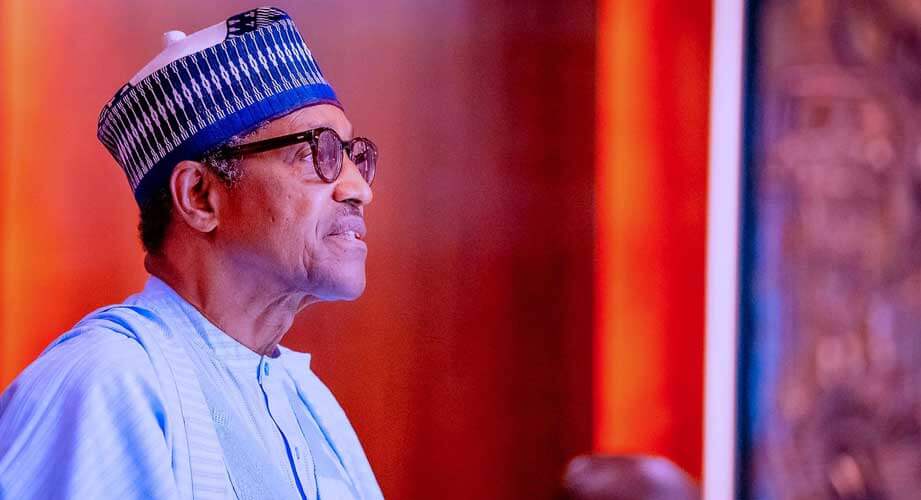The Federal Government is engaging international financial institutions such as the World Bank and the International Monetary Fund to restructure Nigeria’s debt to further stretch the repayment period.
It said given the fact that Nigeria’s debt had increased over the last three to four years, which was occasioned by the different kind of exogenous shocks that the country had experienced, it has become compelling to restructure Nigeria’s debt to give the country more time to repay the loans.
Advertisement
THE WHISTLER had exclusively reported that the federal government is to spend a cumulative amount of $10.19bn servicing the nation’s external debt obligation within a ten-year period covering 2021 and 2030,
The amount when converted with the parallel market exchange rate between the naira and the dollar amounts to about N7.2trn.
The federal government’s huge appetite for borrowing under the administration of President Muhammadu Buhari had worsened the debt position in the first half of this year.
Domestic debt had pushed Nigeria’s total public debt stock from N41.60tn as of March 2022 to N42.84tn as of June of the same year, showing an increase of N1.24tn in three months, according to the Debt Management Office
Advertisement
The DMO and the Ministry of Finance had come under series of attacks from experts and key stakeholders in the economy on the country’s rising debt levels.
Nigeria’s debt service to Gross Domestic Product ratio rose to 73 per cent based on figures released by the Finance Ministry in October last year.
But despite the fact that Nigeria’s debt to GDP ratio is one of the highest in Sub-Saharan Africa, senior government officials had argued that the country’s debt profile is still within sustainable limit.
Between 2021 and 2030, a huge chunk of the nation’s revenue would be devoted for debt servicing obligation.
Data from DMO showed that out of the $10.19bn proposed to be used for debt servicing, about $6.95bn representing 68.2 per cent would be spent to service the commercial portion of the external debt burden while the balance of $3.24bn or 31.79 per cent is being projected for payment of interest for multilateral debt obligation.
Advertisement
Speaking at the sidelines of the annual IMF/World Bank meetings, the Minister of Finance, Budget and National Planning, Mrs Zainab Ahmed gave credence to this when she said that by 2023, the projection is that Nigeria will be using about 65 per cent of its revenue to service debt.
Unfortunately, she explained that the cost of debt service is rising because of the rising interest rate globally which is resulting also in higher debt service costs.
She said, “It is a fact that Nigeria’s debt has increased over the last three to four years and this increase in debt was occasioned by the different kind of exogenous shocks that the country faced which is not unique to Nigeria.
“The situation we have by our 2023 projection is that we will be needing to use about 65 per cent of our revenue to service debt. Unfortunately, the cost of debt service is rising because of the rising interest rate globally which is resulting also in higher debt service costs.
“But our projection from the debt sustainability analysis is that Nigeria is able to cope with its debt service in 2022 as well as in 2023.
“We have been engaging financial institutions to look at the opportunity to restructure our debt to further stretch the debt service period to give us more fiscal relief. Those are some of the things we want to achieve in this meeting.”
Advertisement
Amidst seeking debt repayment extension, the minister also revealed that the country was considering to explore the IMF’s newly created Food Shock Window, that allows member-countries to access emergency financing instruments.
The new window would be available for a year to provide additional access to emergency financing for countries facing urgent balance-of-payment need related to the global food crisis.
She said, “The IMF recently offered a food security package that countries can draw and it is equivalent to about 50 per cent of their SDRs.
“We have not taken a decision to draw on that, we have to examine what are the requirements to see if it will be safe for us to draw because we don’t want to be drawn into an IMF program and as it is, we are studying the terms and conditions.
“If they work for us, we will now decide to take it because the funds can certainly be useful in terms of adding to our reserves and also in terms of helping us to cope with the challenges that the country is facing especially as the floods that have been happening right now in the country is going to cause more stress on our food system.
“We realize that the floods that are happening are currently destroying crops and therefore the harvest that is expected will be much less and it will mean that more of our people will struggle to be able to afford food.”



